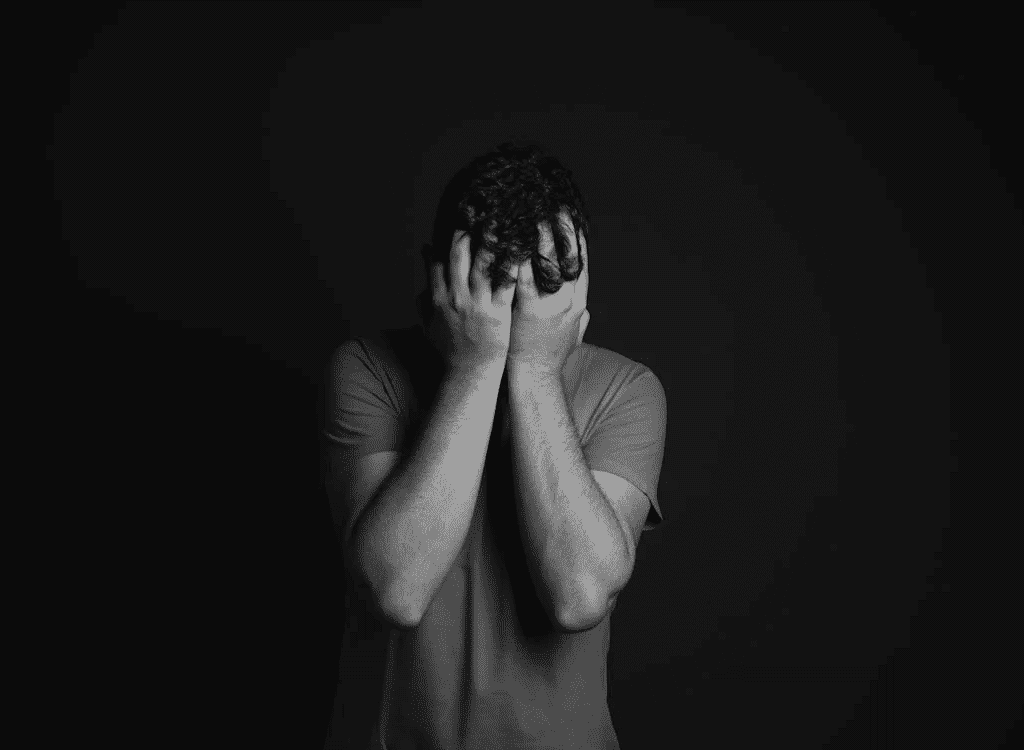Grief is a universal experience that accompanies loss, whether it be the death of a loved one, the end of a significant relationship, or a major life change.
While grieving is a natural process, it can be overwhelming and challenging to navigate alone. Grief counseling provides a supportive environment where individuals can explore their emotions, learn coping strategies, and find healing amid loss.
This article dives into the importance of grief counseling, its therapeutic approaches, and the profound impact it can have on the grieving process.
Understanding Grief Itself
Grief represents an intricate and mixed emotional journey involving feelings such as sadness, anger, guilt, and despair. It does not follow a straightforward path but rather evolves, marked by fluctuations and changes. Grief counseling respects the individuality of each person’s grieving process, offering a supportive environment where individuals can openly express their emotions and address their suffering.
The Role of Counselors
Grief counselors are trained professionals who specialize in supporting individuals through the grieving process. They offer empathy, validation, and practical guidance to help clients cope with loss and find meaning in their experiences.
Grief counselors may utilize a variety of therapeutic techniques, including talk therapy, art therapy, mindfulness, and relaxation exercises, tailored to meet the unique needs of each individual going through this experience.
Benefits of Grief Counseling
- Emotional Support: It provides a safe and nonjudgmental space for individuals to express their emotions and process their grief. Having a compassionate listener can offer immense relief and validation during a time of intense pain.
- Coping Skills: Grief counselors teach practical coping strategies to help individuals manage overwhelming emotions and navigate daily life while grieving.
- Support Network: Grief counseling provides an opportunity to connect with others who are experiencing similar struggles. Group grief counseling sessions can offer peer support, validation, and a sense of community during a time of isolation and loneliness.
- Healing and Growth: Ultimately, grief counseling facilitates healing and growth in the aftermath of loss. By honoring their grief and engaging in the therapeutic process, individuals can find resilience, hope, and renewed purpose in their lives.
What Kazmo Brain Center Offers
Grief counseling is a necessary resource for individuals coping with loss, offering support, guidance, and healing in the midst of profound sorrow. Whether seeking individual or group counseling, the therapeutic journey provides a pathway toward acceptance, meaning-making, and eventual renewal. By recognizing the importance of grief counseling and reaching out for support, individuals can navigate their grief with compassion, resilience, and hope for the future.
Read More: What is factitious disorder?







